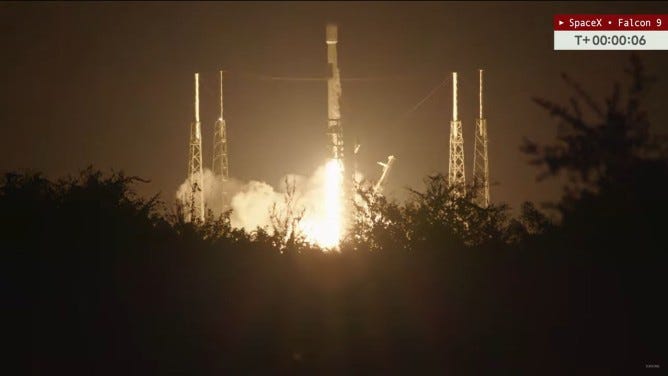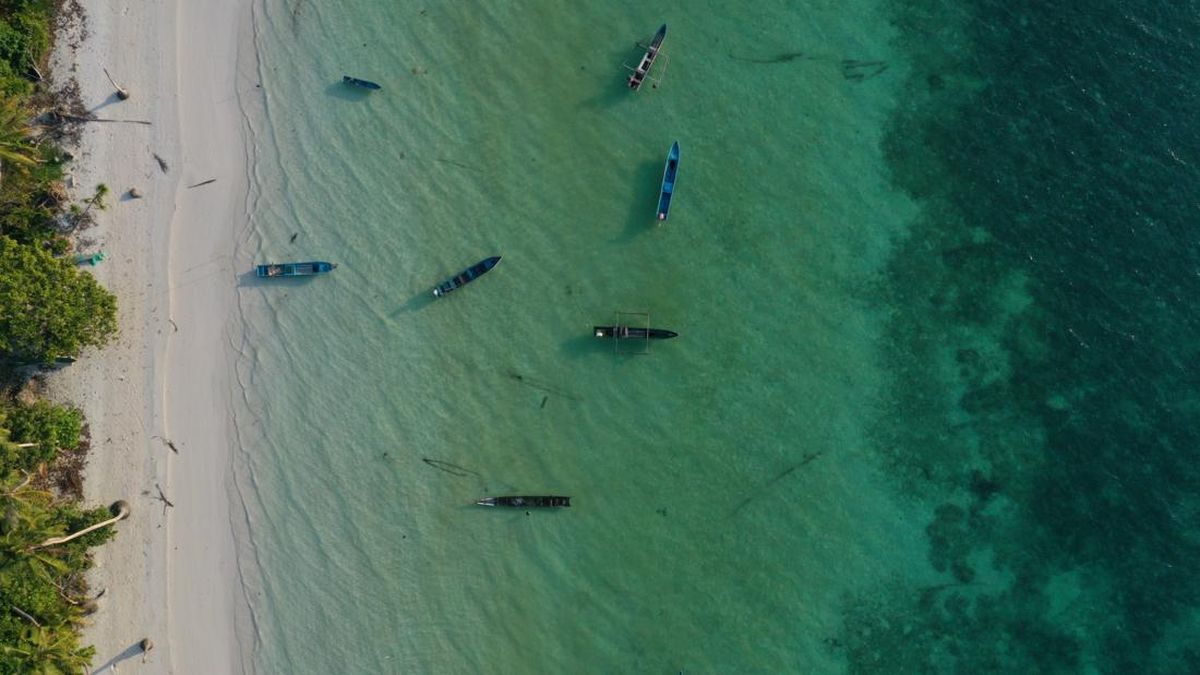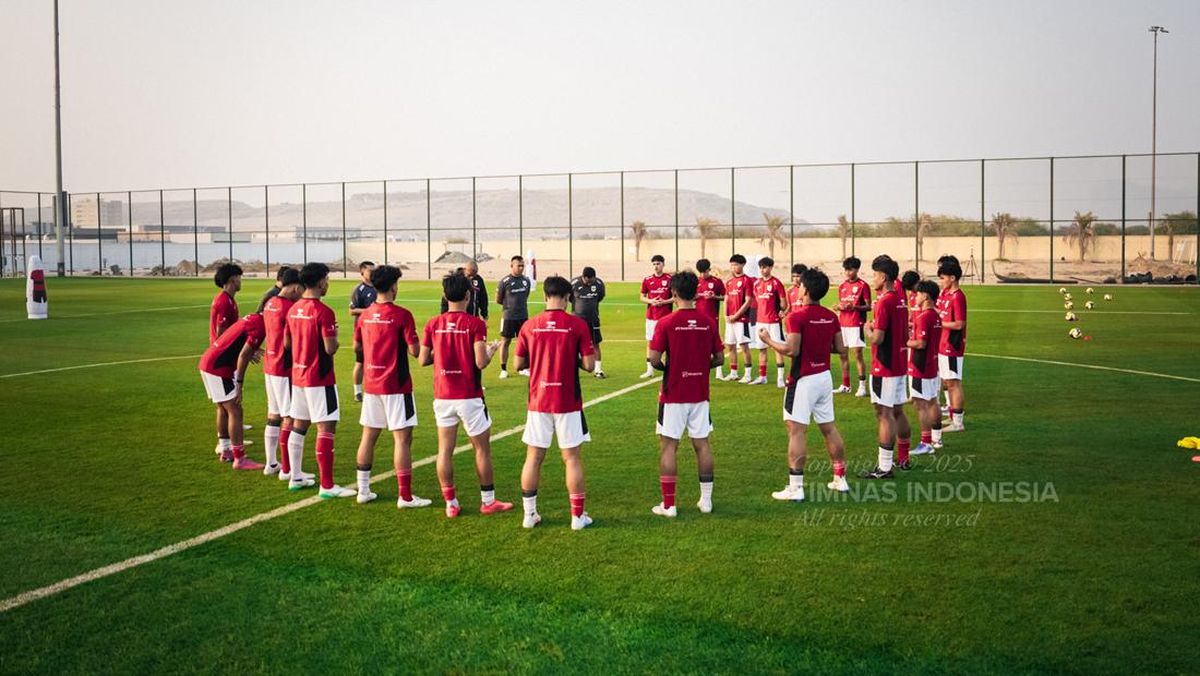Mediterranean Sea – Everyone gathered on the top deck of a Global Sumud Flotilla vessel loaded with humanitarian supplies for Gaza and volunteers determined to deliver it.
Security protocols in case of an emergency were reviewed and put into action: life vests, head counts and designated muster points.
They were training for scenarios that could occur on any vessel – fire, someone falling overboard, collision.
But this training was different because there was another scenario.
The volunteers were instructed on how to raise their hands in the event that Israeli soldiers intercepted the vessel, boarded it and detained them. The focus is on acting in a nonviolent way, in accordance with their mission.
The flotilla was approaching the “yellow zone” after it departed from Sicily, Italy – the zone in international waters between Italy and Cyprus where Israeli attacks are possible – and it was time to practise how to act if an attack occurred.
‘Old propaganda strategy’
The Israeli Ministry of Foreign Affairs recently described the humanitarian flotilla, which is sailing to break the Israeli siege on the people of Gaza, as a “jihadi flotilla” and claimed it has ties to Hamas.
The so-called "Flotilla to Gaza" is openly backed by jihadi Hamas.
In Hamas’s own words: “We call for mobilizing all means to support the Global Steadfastness Flotilla heading to Gaza.”
This is not humanitarian. This is a jihadist initiative serving the terror group’s agenda. pic.twitter.com/vciWdnTswC
— Israel Foreign Ministry (@IsraelMFA) September 18, 2025
Earlier this month, as the flotilla set sail from Spain, Israeli National Security Minister Itamar Ben-Gvir announced that he wanted to declare the humanitarian activists “terrorists” and detain them accordingly.
Flotilla steering committee member Saif Abukeshek, speaking to journalists online on Saturday, said such allegations are “psychological warfare” and added: “The propaganda is an old strategy.”
In the training, a coordinator tells the gathered group: “We have to decide collectively whether we will react or whether someone should intervene if soldiers begin to beat one of us.”
The question was met with silence but could not be avoided. Holding a bullhorn, the coordinator took the initiative.
“If I am dragged or beaten, I don’t want any of you to react or tell the soldiers to stop. Please respect my decision.”
The bullhorn was passed around. One by one, the volunteers repeated the words. By the third volunteer, the phrase had been reduced to two words: “the same”. All the volunteers echoed it.
The strategy was conceived to prevent further violence. Any reaction – even asking Israeli soldiers to stop – could provoke them to more violence.
One volunteer summed it up: “If you react or speak up while being beaten, you will not only put your own safety at risk but also that of the others – and you will break the will of the group.”
Another told Al Jazeera: “We know why we are here and the risks we have taken.”
 Volunteers receive first aid training as they sail towards Gaza. Every vessel has a medic or trained first aid responder. On September 16, 2025 [Mauricio Morales/Al Jazeera]
Volunteers receive first aid training as they sail towards Gaza. Every vessel has a medic or trained first aid responder. On September 16, 2025 [Mauricio Morales/Al Jazeera]Mental and physical pressures
The delays and challenges the flotilla has faced have taken a toll on its organisers and volunteers alike.
Drone attacks while at port in Tunisia, technical difficulties faced by boats ill-suited to the high seas and the general difficulties inherent in organising an underfunded civilian initiative to sail to Gaza have put pressure on everyone.
Every person on board also has to do a night watch, scanning the skies all night for more drone attacks while their companions rest.
When asked what keeps them going, each of them cites the urge to act to help the people of Gaza, who are suffering bombardments, starvation and loss as Israel wages war on them.
They know they are sailing into risky waters because Israel has intercepted all past flotillas, even killing 10 people on board the Mavi Marmara a decade ago.
The boats had set out for Sicily from Tunisia on Tuesday with a reduced number of people on board after hard decisions were made.
There were more people wanting to be on a flotilla boat than there was capacity on the vessels, especially as some boats failed technical inspections – the organisers worrying about their ability to cope with the unpredictable nature of the Mediterranean.
 Final goodbyes in the port of Bizerte, where some of the volunteers were reshuffled to new ships or were not continuing the mission on board [File: Mauricio Morales/Al Jazeera]
Final goodbyes in the port of Bizerte, where some of the volunteers were reshuffled to new ships or were not continuing the mission on board [File: Mauricio Morales/Al Jazeera]Lists were read in Bizerte, Tunisia. Crews were reshuffled among the boats, and tears flowed as volunteers who had forged strong emotional ties said their goodbyes.
Their part on board the mission was over for now, but their support for the flotilla bound for Gaza would continue on land.
Some talked to the coordinators to try to get their spots back. Others waited with their colleagues on the boats, helping out until they had to return to a hotel to await their flights back home.
“Please put this [Palestinian] flag somewhere on the boat. It has been in my friend’s window for years,” said Marcin, a Polish volunteer living in Norway who was among those cut from the crew list.
Eventually, everyone boarded their assigned ships and met their crews. All hands were on deck to clean and prepare the vessels for the next leg of the journey to Italy. Some of the volunteers have sailing experience, and others with no previous sailing experience learned quickly to help out.
After a few days in Italy, the boats have set out again, sailing through the yellow zone, getting ever closer to the red zone, where the danger multiplies 100 nautical miles (185km) from the Gaza shore.
And the drills continue.
 Volunteers talk at the end of the day on board a Flotilla vessel, life vests prepared for any maritime emergency, attack or interception. On September 18, 2025 [Mauricio Morales/Al Jazeera] (Restricted Use)
Volunteers talk at the end of the day on board a Flotilla vessel, life vests prepared for any maritime emergency, attack or interception. On September 18, 2025 [Mauricio Morales/Al Jazeera] (Restricted Use)
 3 months ago
25
3 months ago
25














































